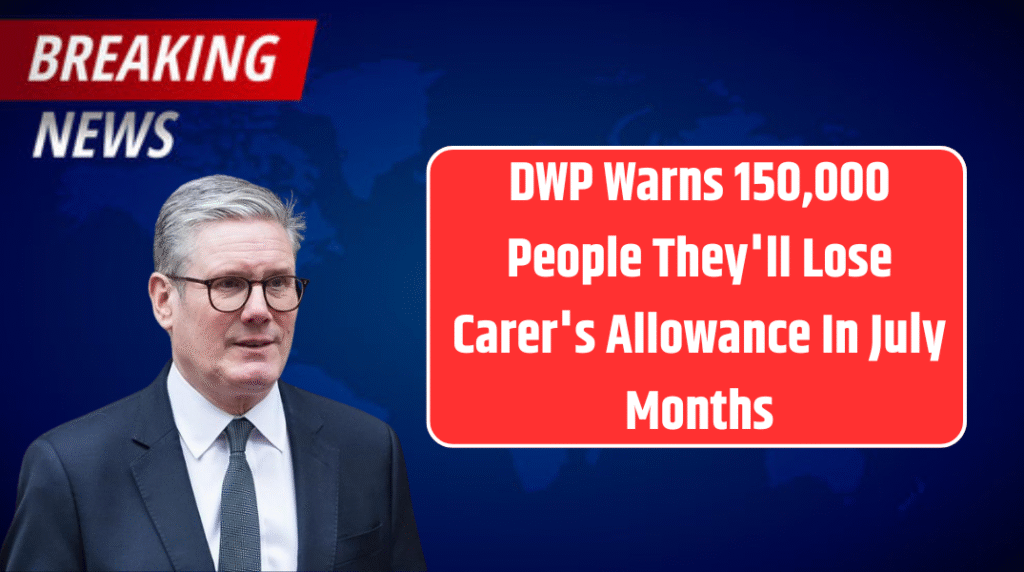A looming welfare shakeup could see around 150,000 unpaid carers across the UK lose their Carer’s Allowance beginning November 2026, as sweeping changes to Personal Independence Payment (PIP) and Universal Credit come into effect under Labour’s proposed reforms. With nearly £5 billion in benefit reductions planned, the Department for Work and Pensions (DWP) is warning that significant numbers of people will be impacted—but a temporary safeguard has been introduced to soften the initial blow.
As many as 800,000 current PIP recipients could see their support withdrawn entirely, triggering automatic loss of Carer’s Allowance eligibility for thousands of their family members or supporters. Recognizing the scale of disruption, the DWP has proposed a three-month transitional support window, allowing affected carers to continue receiving payments for 13 weeks after a PIP award is terminated.
A Temporary Buffer, But Long-Term Worries Mount
Helen Walker, Chief Executive of Carers UK, acknowledged the government’s attempt at easing the transition but warned it’s not nearly enough. “The 13-week buffer is a step in the right direction, but the long-term financial impact on carers is profound,” she said. “We estimate that families losing both PIP and Carer’s Allowance could see their household income drop by over £8,000 a year.”
Also Read – DWP Cuts Could Strip Some PIP Claimants of £900 Monthly Support
This cut could spell economic disaster for some of the country’s most vulnerable households. According to Carers UK, 43% of those providing more than 35 hours of care a week already live in poverty—more than double the rate among non-carers.
Strain on Unpaid Carers and the Economy
In the absence of adequate social care support, unpaid carers often step in to fill the gaps. But the proposed cuts raise serious questions about sustainability. The value of unpaid care to the UK economy is estimated at £184 billion annually—a figure that dwarfs even NHS spending.
“If you remove financial support without reinforcing the social care system,” Walker added, “you risk collapsing the entire foundation on which many families and patients rely. Many carers simply cannot return to work while continuing their care responsibilities, especially when reliable, affordable care is scarce.”
A Call for Deeper Impact Assessment
Charities and advocacy groups are now urging the government to conduct a comprehensive assessment of the reforms’ impact before pushing forward. There is growing concern that failing to do so could exacerbate both the poverty crisis and strain on public services.
While the DWP has not yet revealed detailed implementation plans, officials emphasize that further announcements are expected as part of an evolving response to feedback from carers and advocacy groups.
Bottom Line: While the 13-week grace period offers some relief, experts warn it’s only a bandage on a much deeper wound. With care needs growing and financial support shrinking, carers across the UK face an uncertain future—one that could reverberate far beyond individual households.



